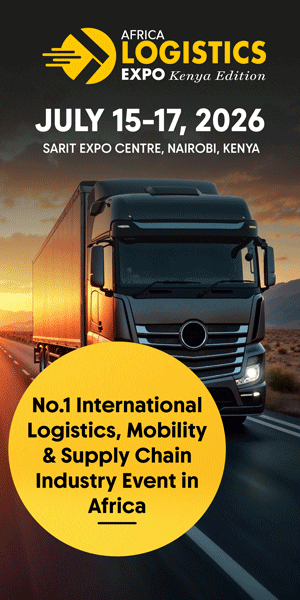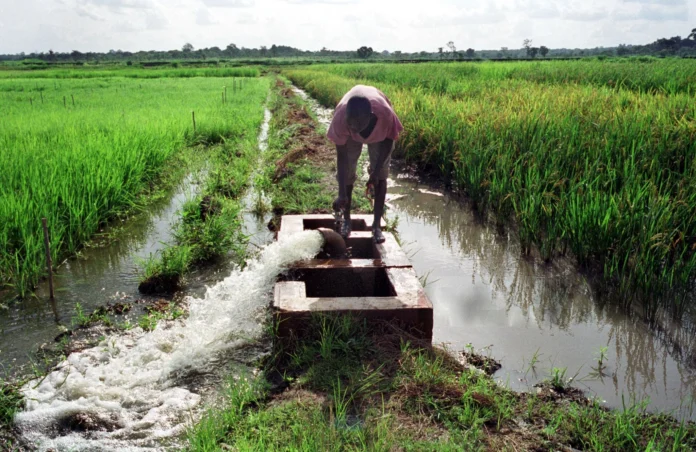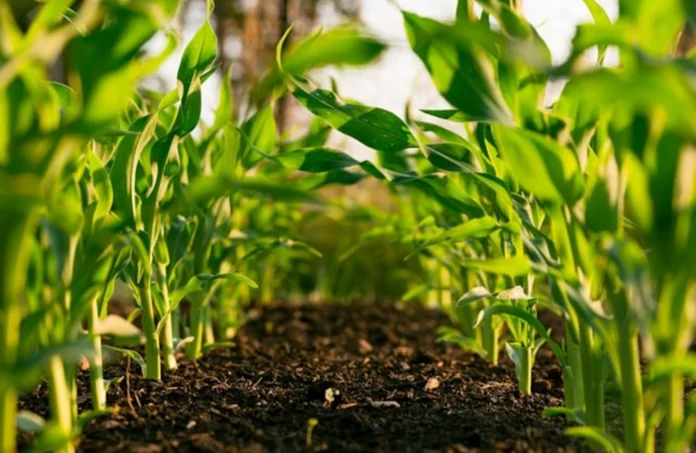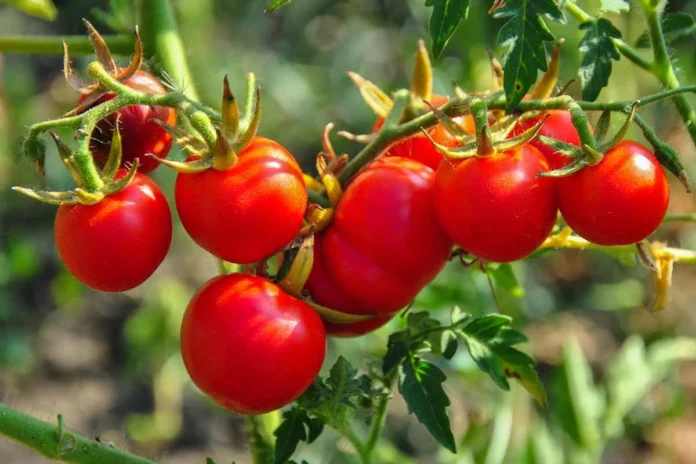Algeria Ranked Among Africa’s Top Three Most Attractive Economies, Ambrosetti Report Finds
Algeria has emerged as one of Africa’s three most attractive economies, according to the latest Global Attractiveness Index 2025 published by the Italian consulting and research firm The European House – Ambrosetti (TEHA). The annual study evaluates the ability of countries to attract resources, capital, and talent, and positions Algeria alongside Mauritius and Egypt as the continent’s leading destinations for investment.
Climbing in Global Rankings
The report shows that Algeria is ranked 78th out of 146 economies worldwide, up one spot from 2024. Its overall score also improved, rising to 30 points compared with 27.6 the previous year. Within Africa, the country now sits in the “medium attractiveness” category (30–60 points), a group that includes just 63 nations globally. By contrast, four countries worldwide rank in the “high attractiveness” bracket (80–100 points), 12 in “good attractiveness” (60–80), and 67 in “low attractiveness” (0–30).
The findings highlight Algeria’s increasingly dynamic economic performance, driven by sustained growth and a series of institutional and policy reforms.
Global Leaders Remain Stable
On the international stage, the United States retains its leading position with a perfect score of 100, followed by China (87.7) and Germany (83.5). Singapore has overtaken the United Kingdom to claim fourth place, while Japan remains steady in fifth.
The Global Attractiveness Index is based on around 50 international indicators, including foreign direct investment (FDI) flows, innovation capacity, governance quality, and human development.
Algeria’s Development Vision
Analysts note that Algeria is undergoing a significant transformation in its economic model. Following recent institutional changes, the government has embraced a new vision for sustainable and inclusive development. This strategy is built on four pillars: enhancing competitiveness through diversification, investing in human capital, promoting social justice, and improving governance.
The state has introduced reforms to create a more favorable business environment, reduce bureaucratic hurdles, and attract foreign investors. Algeria’s geographical location—at the crossroads of Europe, Africa, and the Arab world—further strengthens its role as a regional economic hub.
Key Strengths and Opportunities
Algeria’s economic strengths are wide-ranging:
- Political stability and a favorable legislative framework for investors.
- Strategic geography, offering access to three major markets.
- Strong infrastructure investments, including road, rail, and airport networks.
- Energy leadership, as a major oil and gas producer with ambitious renewable energy plans.
- Agricultural transformation, recognized by the UN Food and Agriculture Organization (FAO) as a model for food security in Africa.
- Growing digital economy, with regulatory reforms encouraging innovation and start-ups.
The country’s gross domestic product (GDP) reached nearly $270 billion in 2024, making it Africa’s third-largest economy. Algeria also maintains one of the continent’s highest Human Development Index (HDI) scores, according to the United Nations Development Programme (UNDP).
Recognition from International Institutions
International organizations have taken notice of Algeria’s progress. In August, the World Bank classified the country as an upper-middle-income economy for the second consecutive year. Economists argue that these advances position Algeria to play a central role in both the Maghreb and African economies in the years ahead.
Looking Ahead
While challenges remain—particularly in sustaining diversification beyond the energy sector… Algeria’s momentum is clear. The combination of political stability, proactive reforms, and economic potential has strengthened its profile on the world stage.
The Ambrosetti report suggests that Algeria is no longer just a regional player but increasingly a country to watch for international investors seeking opportunities in Africa’s fast-changing economic landscape.












